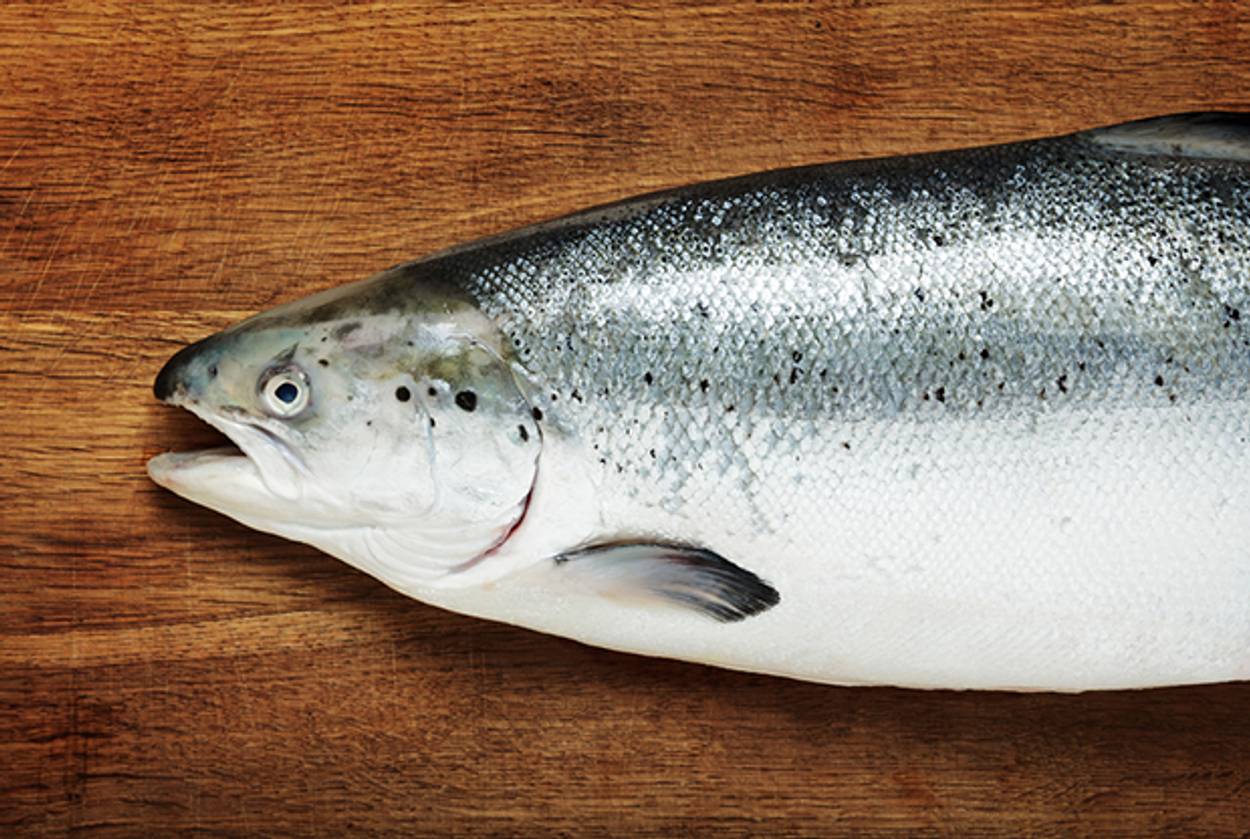For Sustainable, Kosher Seafood, Try the Herring
When differing directives collide at the dinner table




Prompted by dinner companions who forewent monkfish in favor of a veggie plate, writer Paul Greenberg dives deep into a surprisingly complex question: When it comes to seafood, can you simultaneously eat sustainably and kosher?
His answer, published in this weekend’s New York Times, is yes, though it means giving up obviously non-kosher but often beloved delicacies like PEI oysters and Maine lobster, and kosher but environmentally questionable fish like Dover Sole. Instead, dine out on anchovies, sardines, and herring.
Catching those bottom feeders, Greenberg writes, “is considerably less fuel-intensive than harvesting America’s most popular seafood, the unequivocally trayf shrimp. Depending on the method, it can take only around 27 gallons of fuel to catch a metric ton of herring, and more than 10 times that for an equivalent haul of shrimp.”
Moving up the fish food chain, Greenberg explores questions about farmed salmon, including whether the non-kosherness of fish used to feed it renders the salmon, too, non-kosher. The answer to that query, direct from the Orthodox Union’s Kosher Division: No.
He also offers a brief list of those fishes—cod, tuna, carp, and lionfish—that are safe to eat from both kosher and environmentally-friendly points of view. Mangia bene.
Related: Riding a Culinary Wave
How Herring Brought My Father and Me Together—Once I Overcame My Gag Reflex
Sara Ivry is the host of Vox Tablet, Tablet Magazine’s weekly podcast. Follow her on Twitter@saraivry.